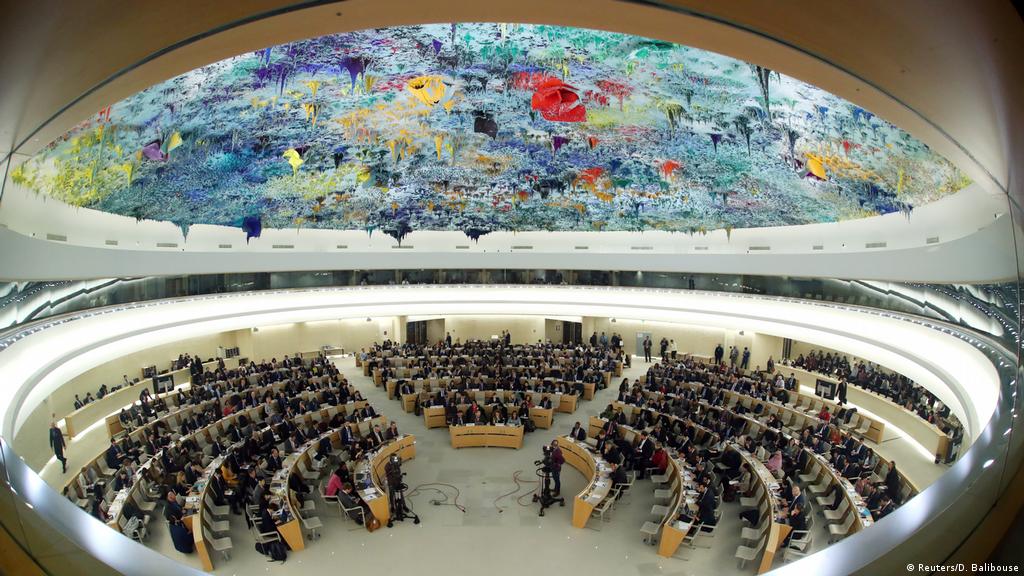
The United States will make its big comeback and regain its observer status in the U.N. Human Rights Council. It intends to use all its weight to bring “positive changes” to this organization, which has been criticized for its bias, although there is still little hope of reform.
It’s one small step for human rights, one giant leap for the United States. The United Nations Human Rights Council will once again be able to count Americans in its ranks as observers, U.S. Secretary of State Antony Blinken said on Monday, Feb. 8.
“We recognize that the Human Rights Council is a flawed body, in need of reform to its agenda, membership and focus, including its disproportionate focus on Israel. (…) To address the Council’s deficiencies and ensure it lives up to its mandate, the United States must be at the table using the full weight of our diplomatic leadership,” Blinken said in a press statement.
An Organization under Fire from Critics
Washington is definitely breaking with the unilateral policy led by Donald Trump. In 2018, he left the Human Rights Council in an uproar, denouncing the institution’s “hypocrisy.” It must be said that “several engaged countries, such as Saudi Arabia, China or Egypt, do not respect human rights on their own soil,” says Chloé Maurel, who holds a doctorate in history and is an expert on the U.N.
The relentless scrutiny of Israel, a staunch ally of the United States, also was at play. The country has received a number of condemnations far exceeding any other country for its policy in the Palestinian territories. It is also the only country to be the subject of a fixed item (item 7) on the agenda of every single Council session, which convenes three times a year.
A Stillborn Reform
Is an overhaul of the Human Rights Council possible? The question has often been raised in the United States. In this case, it would mean excluding countries that are the worst performers in matters of human rights from the Council. But many states protest against arbitrary discrimination that would distinguish the “good” regime from the “bad” … always in favor of the Western countries. For such a reform to take place, “the United States would have had to set conditions before returning to the Council,” says Romuald Sciora, essayist and associate researcher at the French Institute for International and Strategic Affairs.
Alexa Leblanc, representative of the International Federation for Human Rights to the U.N. in Geneva, notes progress nonetheless. “Despite the departure of the United States, the Council managed to exclude Saudi Arabia from its members this fall.” Each year, the Council renews one-third of its 47 members by vote of the international community. “This time, there were more applications than positions. In this sense, we can have an interesting democratic election in the Council, ” she says.
Culling Troublesome Cases
That leaves Russia and China, having begun their three-year mandates this year. Without naming them, Blinken denounced the previous administration’s empty chair policy, which “countries with authoritarian agendas have used to their advantage.”
For Sciora, the American objective is clear: “To get back into the multilateral game, to oppose China’s grip on multinational organizations and to throw everything that Trump has done into the trash.”
*Editor’s note: Access to the original article requires a paid subscription.

Leave a Reply
You must be logged in to post a comment.